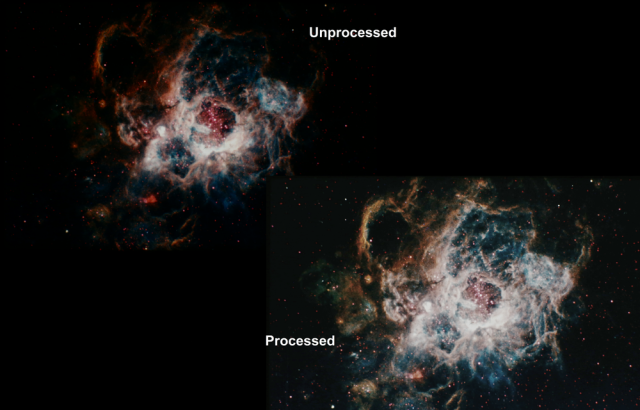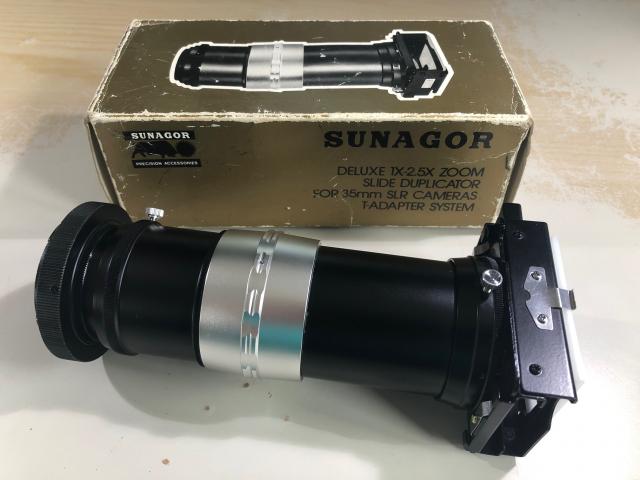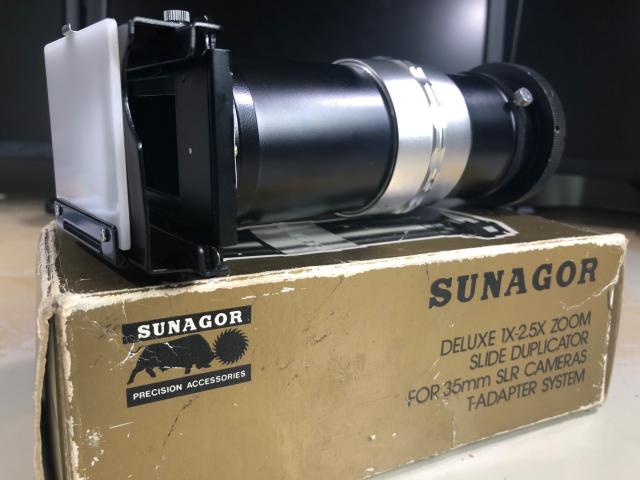Forum Replies Created
-
AuthorPosts
-
 DawsonParticipant
DawsonParticipantNice capture
 DawsonParticipant
DawsonParticipantIt is an amazing three volume set.
James
 DawsonParticipant
DawsonParticipantYes, with fewer aircraft and fewer cars around, the sky conditions may improve.
With regards air “quality”, I’ve been watching the UK Air Information Resource and not seen any particular downward trends yet. The data below is for the last 7 days for Canterbury, but back data for several years from numerous sites around the country exist:
https://uk-air.defra.gov.uk/data-plot?site_id=CANT&days=7
James

 DawsonParticipant
DawsonParticipantThere are typos in the booklet too unfortunately:
https://shop.royalmail.com/visions-of-the-universe-prestige-stamp-book
 DawsonParticipant
DawsonParticipantThere are a few, some:
The Cambridge Star Atlas (2011), copies available for under £10.
Uranometria 2000 volume 1 (1987), copies available for £25.
Sky Atlas 2000.0 (1985), cheapest seems to be about £40 but it is lovely.
Star Atlas of Reference Stars and Non-stellar Objects (1969), copies £50.
Interstellarum Deep Sky Atlas: Desk Edition (2014), copies £65 or so.
Millennium Star Atlas 3 Volume Boxed Set (2006), £600 or so…
The first two are fine; you can probably find a way to look at them all inside online somewhere. I really do like Stellarium though which is usually my first port of call, with all the added star databases loaded in.
 DawsonParticipant
DawsonParticipantIt really is very good. Clamps the eye piece well, and really is easy to adjust and centre an object. Really good for outreach stuff.
 DawsonParticipant
DawsonParticipantThanks all. Interesting discussion. This has helped.
James
 DawsonParticipant
DawsonParticipantA noisy child’s orrery I have (currently very noisy as running at 12v and not 4.5v) and the light grabber software work well. I need an external webcam ideally and not use the built in one on the laptop.
thanks for the discussion.
james
Link to a video of the set up on my dropbox: https://www.dropbox.com/s/inv87rgfm4ht08u/IMG_1529.MOV?dl=0
 DawsonParticipant
DawsonParticipantI think a webcam will have sufficient sensitivity for my model; but may struggle if I put it on a scope and point at a real star.
 DawsonParticipant
DawsonParticipantThat is another good idea. Thanks.
On an SGL thread I started on this topic, someone suggested a bit of software which uses a webcam into a PC and does real time light curves, which is brilliant and I think is the solution I’d go for. It needs Adobe Flash and I can only get it to work in FireFox, but otherwise it is very good:
http://www.planetarium-activities.org/shows/sp/lightgrapher
The other thing the SGL thread has raised, which I had thought about and won’t factor into my model, is limb darkening of the distant star. All interesting stuff:
https://stargazerslounge.com/topic/342034-exoplanet-transit-model/
James
 DawsonParticipant
DawsonParticipantMy DIY/electronics mate thinks he can do something with an Arduino / Pi to detect and display the data real time, like this:
https://www.instructables.com/id/Plotting-real-time-data-from-Arduino-using-Python-/
I’ll report back.
James
 DawsonParticipant
DawsonParticipantDr Dan Brown of Nottingham Trent University has uploaded the talk by Alan Heath to You Tube, so everyone can enjoy it:
https://www.youtube.com/watch?feature=youtu.be&v=Srx6VE8UfGY&app=desktop
James
 DawsonParticipant
DawsonParticipantThanks.
This is a useful guide. We are looking at designing a course for beginners in astronomy at my local society, and this may well be a helpful “curriculum” on which to base sessions or discussions. Really helpful, thanks for highlighting.
James
 DawsonParticipant
DawsonParticipantThanks David. I think I have got stuck on the concept that it is the worst possible star for equatorial mounts and just assumed, without thinking, that it would be equally useless for alt-az mounts. I still struggle a but, because for less accurate alignments than the ones you are conducting, the user would be essentially pointing the scope at the same place in the sky every time they align, as polaris moves so little – I still struggle to see how this cannot introduce some kind of error, but again I think I’m over thinking it.
James
 DawsonParticipant
DawsonParticipantAlan’s talk last night was a great success. A fascinating trip through the solar system and what the amateur astronomer can achieve, with a number of stories from Alan’s life. Both educational and enchanting. I’ve shared many cups of tea with Alan and heard many of his stories, but he still managed to share some new ones last night. He captivated the lecture theatre which consisted of young and old, experienced observers and interested members of the public. It was a privilege o hear him speak again. Dr Dan Brown who is the Associate Professor in Physics and Mathematics at Nottingham Trent University has recorded the lecture and this will hopefully be available online in the coming weeks once he’s had chance to slice the audio and video together.
After the talk we all went down to the university’s observatory for a tour and marvel at their 16″ Meade on a Paramount – makes me envious every time I see it.
23 April 2019 at 11:42 am in reply to: Talk on Noctilucent Clouds, Trinity College Dublin, April 8th 2019 #581000 DawsonParticipant
DawsonParticipantGreat.
I gave a similar, though much less detailed talk to my local society a few years ago, I would loved to have been able to listen to your talk in advance of that to help me prepare. Sandra is always very helpful though so I picked her brains for ideas and images.
Thanks for sharing. Great stuff.
James
 DawsonParticipant
DawsonParticipantI got hold of a Sunagot Delus Slide Duplicator second hand online. It looks like it was made in the 1970s or 1980s, so pre-digital cameras, so a bit confused what it was designed for.
Anyway, it works a treat on my Canon 6D. It is not easy to fit the full image of the slide onto the sensor even when the zoon is set to 1x (the minimum). I tried adding an extension tube but then I can’t achieve focus. It is possible to fit it all in the frame, but it takes a bit of time. Some images need a bit of processing on the PC once captured as the contrast and saturation can be off as the image of NGC 604 below shows, but others like Mars come out well straight from the camera. So in all I am VERY pleased with this method and look forward to digitising some slides to help someone prepare for a talk, and also to keep their slides for prosperity sake. [the slides below are comercially available ones I also got second handfrom ebay to do some testing; NGC 604 The Planetarium Armagh; Springtime Dust Storm Swirls at Martian North Pole, The Planetarium Armagh; The Sun, slide 679/10 Astronomy Slides, Rickitt Encyclopedia of Slides 1973]
Thanks for the ideas.




 DawsonParticipant
DawsonParticipantThank you. My Canon 6D effectively has a full frame, so I should be OK.
James
 DawsonParticipant
DawsonParticipantWow.
Never thought about using my DSLR! I’ve just ordered one from ebay. I will report back! Many thanks again.
James
 DawsonParticipant
DawsonParticipant6 and 1 are not dissimilar in form, which should give you an idea of where 6 resides in the overall scheme of things.
7, I think the clue is the initial plateaux phase of the plot.
8 I think is just difficult!
Sorry.
-
AuthorPosts
